Vermont Abenaki Artists Association annual Speaker Series is a timely exploration into the context of Abenaki Indigenous experiences and narratives. This year’s series aligns with our vision for Abenaki Unity, presenting vital topics that resonate with the challenges faced by Indigenous communities across North America, including the American Abenaki Tribes.
All opinions expressed by the Program Presenters are solely their current opinions and do not reflect the opinions of the program hosts, program partners, and sponsors.
More sessions and dates will be announced soon.
Sponsored by
March 7, 2024
“Who is a “Legal” Indian? – Navigating Federal and State Laws in the US and Canada” with Paul-René Tamburro
This thought-provoking session addresses the ongoing struggle for individuals to assert their right to declare and determine their own cultural identity, seeking equitable representation within larger mainstream communities and governmental entities. Navigating Federal and State Laws in the US and Canada, Paul-Rene Tamburro will explain who is Indian biologically, politically, and culturally. This program will unravel the complexities of Indigenous identity within the legal framework, examining federal and state laws that shape recognition and rights for tribes, with a focus on the Abenaki community. Join us in navigating the intricate terrain of Indigenous identity, acknowledging unique challenges, and shedding light on the legal landscape that significantly impacts these communities.
Paul-René Tamburro, PhD Anthropologist with an MA in Linguistics and MSW in Indian Child Welfare, is Director of Sunrise Drum, Inc. an internationally-focused Indigenous cultural studies organization. He has taught at numerous universities and colleges in the US and Canada, including Indiana University, Indiana State University and Purdue University in Indiana, taught at Heritage University in Washington State and served as Director of the Reservation Based/Community Determined Program at The Evergreen State College (TESC); and taught at University College of the Cariboo, and Thompson Rivers University (TRU) in Kamloops BC, Canada, in Washington State. Read More . . . link to Sunrise Drum website.
Sponsored by the Vermont Department of Health
All opinions expressed by the Program Presenters are solely their current opinions and do not reflect the opinions of the program hosts, program partners, and sponsors.
March 21, 2024
Intergenerational Trauma: Healing and Resilience – Andrea Tamburro, MSW, EdD.
This 60-minute Zoom program provided a space to discuss the enduring impact of colonization, which triggers both past and current struggles for Native American individuals and families, with a particular focus on the Abenaki and other Northeastern tribes. Together, we aim to foster a deeper understanding and create a supportive dialogue around current challenges stemming from historical injustices that continue to affect communities today. Dr. Tamburro will explore healing practices that play a pivotal role in bringing communities together and promoting resilience. This program offers a journey of mutual understanding, healing, and resilience, fostering stronger and more connected communities for a better future.
Andrea Tamburro (Piqua Shawnee) has extensive teaching and research experience in both Indigenous and non-Native settings. She was education director for a federally recognized tribe, has served as coordinator of multicultural programs in a mental health center, and as family services and mental health specialist in early childhood education programs. She continues to teach about Indian Child Welfare and Multi-generational trauma. Read More . . . link to Sunrise Drum website.
Sponsored by the Vermont Department of Health
All opinions expressed by the Program Presenters are solely their current opinions and do not reflect the opinions of the program hosts, program partners, and sponsors.
April 4, 2024
Remembering The Dawn Land: A presentation on the historical novel Dawn Land by its author, Joseph Bruchac.
The area we now refer to as Western New England has been the homeland of Native people for at least 10,000 years. Relying on oral traditions and the related elements of natural history, archaeology, cultural survival, indigenous language, and the living land itself, the author takes us back to that ancient time. The heart of the story is the hero’s journey, with his faithful dogs by his side, of the book’s main character Young Hunter. The program will include discussion of how the novel — and its main characters — came to be, the telling of some of the stand alone stories from the book, and a Q&A session at the end. Award-winning author, storyteller, and musician, Joseph Bruchac has published work in virtually every genre since his first collection of poetry in 1971. The author of over 180 books, his novel Code Talker was recently listed by Time magazine as one of the 100 best YA books of all time. His experiences include three years of volunteer teaching in West Africa, eight years of running a college program inside a maximum security prison, and half a century of studying and teaching such martial arts as pentjak-silat and Brazilian jiu-jitsu. The current Poet Laureate of Saratoga Springs, New York, he’s the Executive Director of the Ndakinna Education Center, a licensed wildlife rehabilitator, and an enrolled citizen of the Nulhegan Abenaki tribe.
Sponsored by the Vermont Department of Health
All opinions expressed by the Program Presenters are solely their current opinions and do not reflect the opinions of the program hosts, program partners, and sponsors.
April 4, 2024 06:00 PM Eastern Time (US and Canada)
Inoculating Whiteness: Settler Colonialism, Whiteness, & Infectious Diseases in Sheet’ka – Adam Kersch, Ph.D.
When colonizers arrived in Sheet’ka (Sitka, Alaska), the homeland of the Tlingit people, they imported devastating infectious diseases. Russian and Euro-American colonizers’ writings describe these diseases as a marker of colonizers’ self-assumed superiority. Colonizers saw vaccines as introducing a material part of European technology that would ultimately lead to Tlingit people’s acceptance of Russian and American colonial rule. In other words, they saw vaccines as inoculating Tlingit people with whiteness. Research on this project involved archival analysis, interviews, and participant observation. It began after receiving permission from Sitka Tribe of Alaska’s Tribal Council and included reports to the Tribal Council on vaccine hesitancy during the pandemic. This talk will discuss over 200 years of colonial history and how colonizers used ideas about infectious diseases and vaccinations to justify attempted ethnocide. It will also discuss how Tlingit leaders responded to other manifestations of whiteness during the COVID-19 pandemic.
Adam Kersch (he/they) is a Jewish-American researcher whose work has focused on race, public health, policy, and immigration. They are committed to community-led and community-oriented research and engaging with both academic and non-academic audiences. He works in memory of his grandparents, who survived attempted genocide.
After completing his dissertation – which focused on race, settler colonialism, and public health policy during infectious disease outbreaks in Sheet’ká (Sitka, Alaska) from 1800 to present – he earned his PhD in anthropology at the University of California, Davis in 2022. His masters research – completed in 2016 with the Department of Anthropology at the University of Central Florida – examined how refugees, asylum-seekers, and undocumented immigrants in Sicily navigated gaps in European Union and Italian healthcare policies. In their spare time, Adam enjoys spending time with their wife and dog, writing music, hiking, spending time outdoors, reading, and crafting. Adam is immensely grateful for the opportunity to work with and learn from the TRC and Vermonters.
Sponsored by the Vermont Department of Health
All opinions expressed by the Program Presenters are solely their current opinions and do not reflect the opinions of the program hosts, program partners, and sponsors.
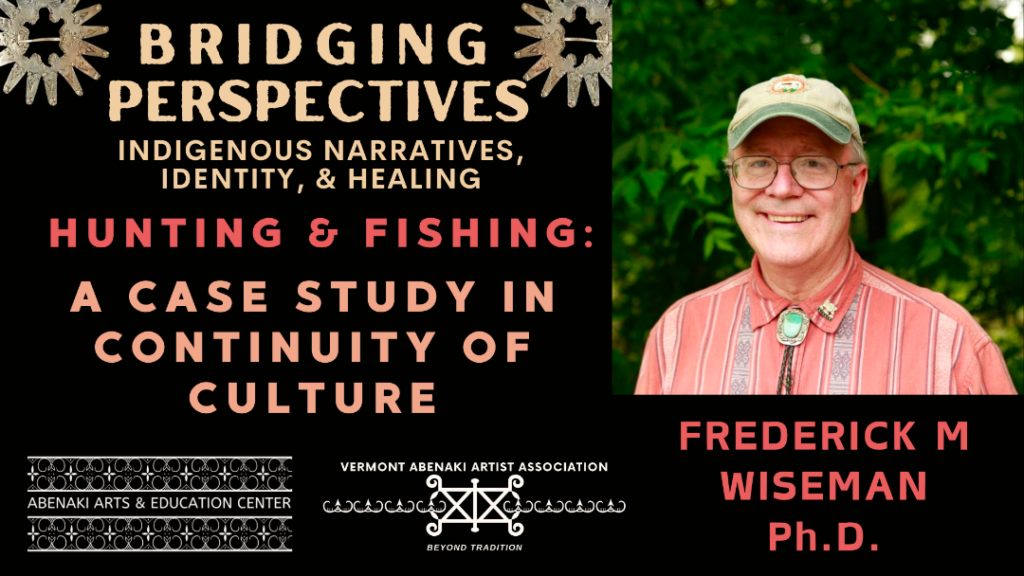
May 2, 2024
Hunting and Fishing: A Case Study in Cultural Continuity – Frederick M. Wiseman, Ph.D.
Video Coming Soon!
This event is FREE, but donations are appreciated.
American Abenaki people in Vermont were and are culturally competent in many types of Indigenous hunting and trapping techniques as well as the use of traditional hunting spirituality. They have used sophisticated Native American technologies such as canoes and snowshoes to get to hunting grounds, stayed in the field in wigwams or tents, fished with spears and handlines, hunted and killed game with lances, bows, and guns, and brought it back to camp for processing. Wiseman presents abundant evidence of these activities in the form of objects, tools, historic photographs, family stories and distinctive skills passed down through generations of Abenaki families all with good documented historical Vermont provenance.
Dr. Wiseman trained as a Paleoethnobotanist at the University of Arizona’s Laboratory for Paleoenvironmental Studies and has done botanical, phytogeographic and ethnobotanical fieldwork in the American Southwest and Northwestern Mexico. After serving as Assistant Professor of Biogeography in the Department of Geography and Anthropology at Louisiana State University and as Principal Research Scientist at the MIT Center for Materials Research in Archaeology and Ethnology, where he taught courses on the ecology of the rise of Indigenous American Civilization, Wiseman returned to his Vermont roots, to teach and do research at the former Johnson State College until his retirement as Professor and Department Chair in 2014. Since 1987, he has focused on the Indigenous Wabanaki people of the far Northeast, having published popular and academic books, curricula and film on modern Indigenous culture, prehistoric archaeology, and Contact Period ethnohistory, politics and technology.
He was instrumental in the research and political advocacy that led to four Vermont Indigenous bands being recognized by the State of Vermont, for which Wiseman was awarded the first Lifetime Achievement Award by the Vermont Abenaki Artists Association. In 2018, Wiseman was honored for his work in Wabanaki revitalization in a special ceremony at Indian Township, Maine. Daniel Nolette, executive Director of the Odanak First Nation’s tribal government, recently “praised Wiseman’s work” (“A false narrative….,” Vtdigger.org, 11/14/2023), and on 11/30/2023 Odanak Chief Rick Obomsawin invited him to present his work to the Tribe.
His experience in Wabanaki and ethnobotanical studies have been brought to bear on the archaeological and Colonial Period ecology and subsistence of Northeastern Indigenous peoples and their neighbors. With his help, Northeastern Native Communities from Maryland to New Brunswick are reviving their interrupted deep-time agricultural systems, working with experimental gardens to re-configure an almost lost Northeastern agricultural heritage. He has partnered with Vermont Organics Reclamation of St. Albans, VT to create the first Northeastern agroforest based upon his paleoenvironmental work in ancestral Indigenous ecosystem management. His recent work focuses on American Abenaki wellness and trauma response and the specific use of cultural revival as a way of mitigating trauma and working toward individual and community health and wellness. He has just completed a year-long series of workshops, a response to public concerns regarding Vermont Abenaki cultural legitimacy, consisting of illustrated lectures, demonstrations, exhibits of relevant material culture and discussions of the history of the Abenaki revival, settlement patterns, wellness, language, subsistence, ceremony, and material culture.
Sponsored by the Vermont Department of Health
All opinions expressed by the Program Presenters are solely their current opinions and do not reflect the opinions of the program hosts, program partners, and sponsors.
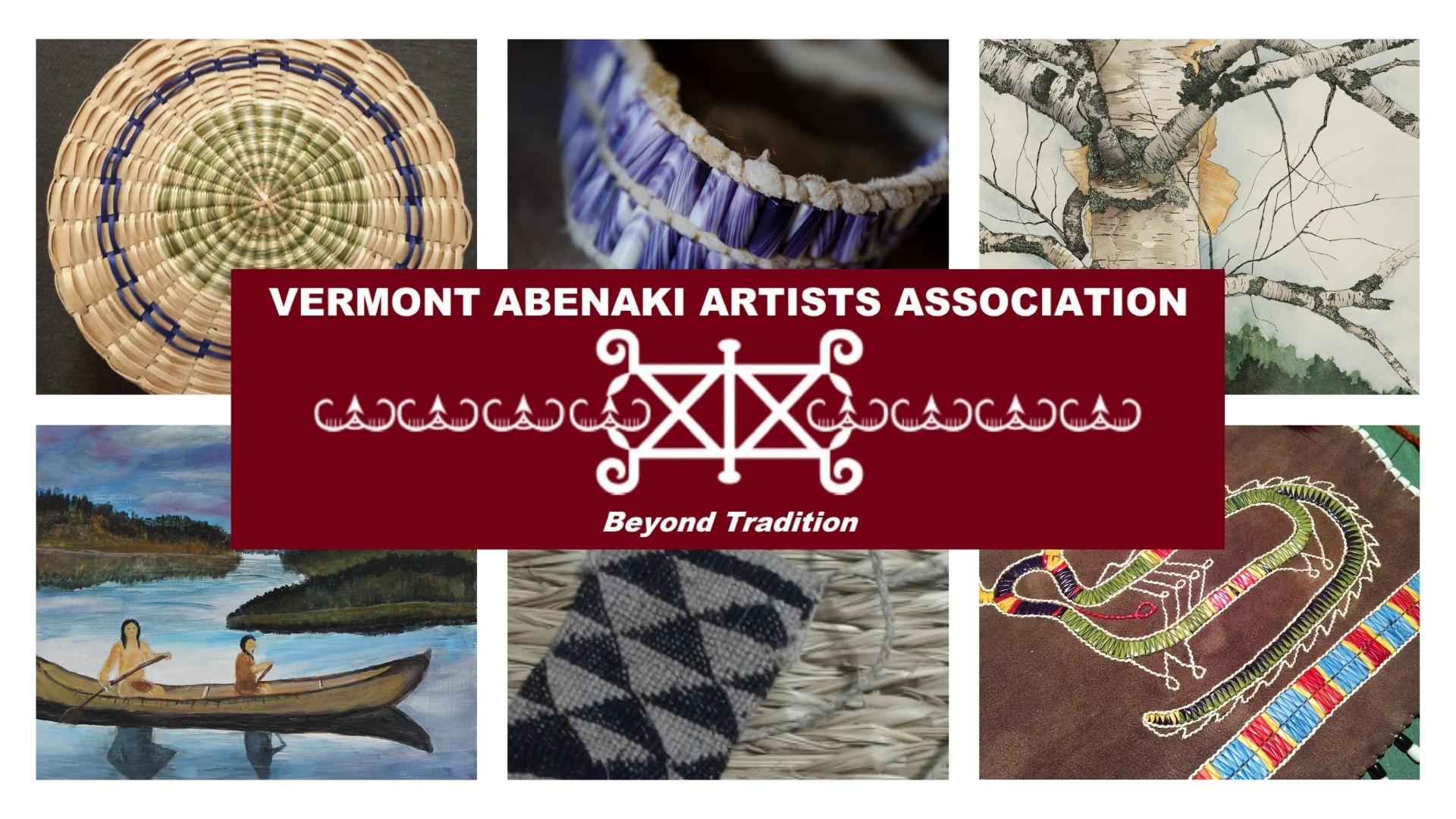



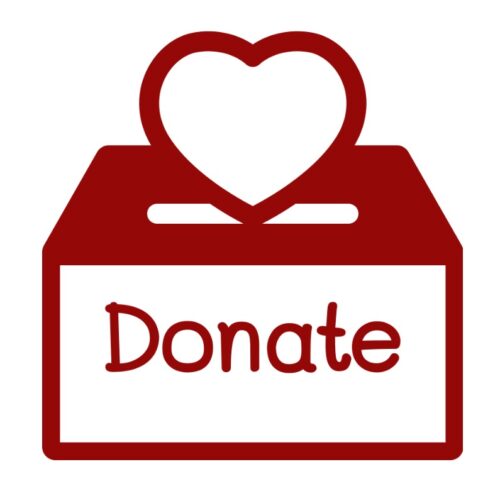



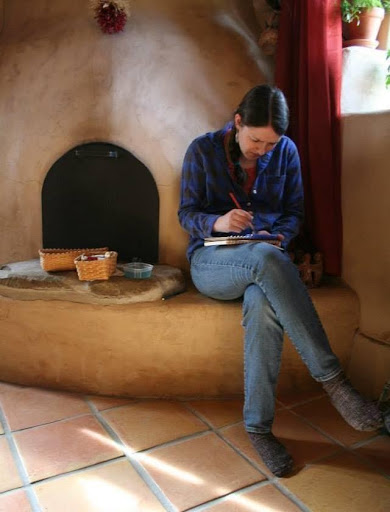


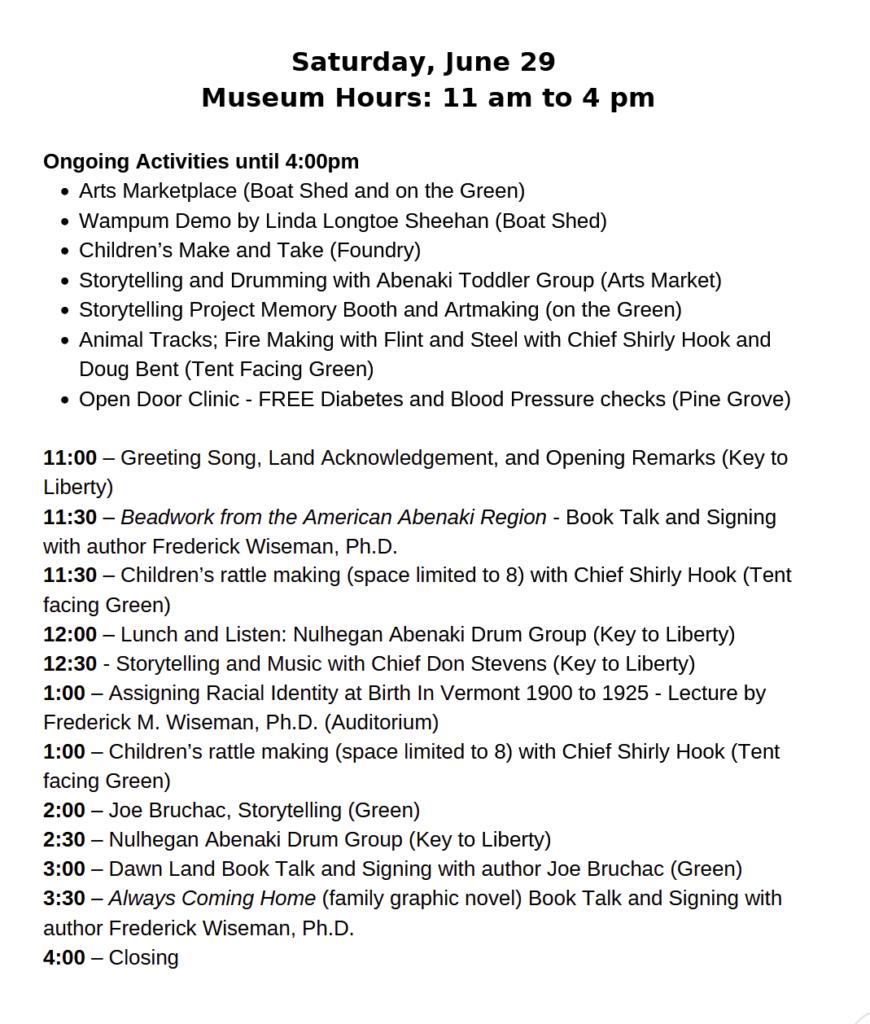
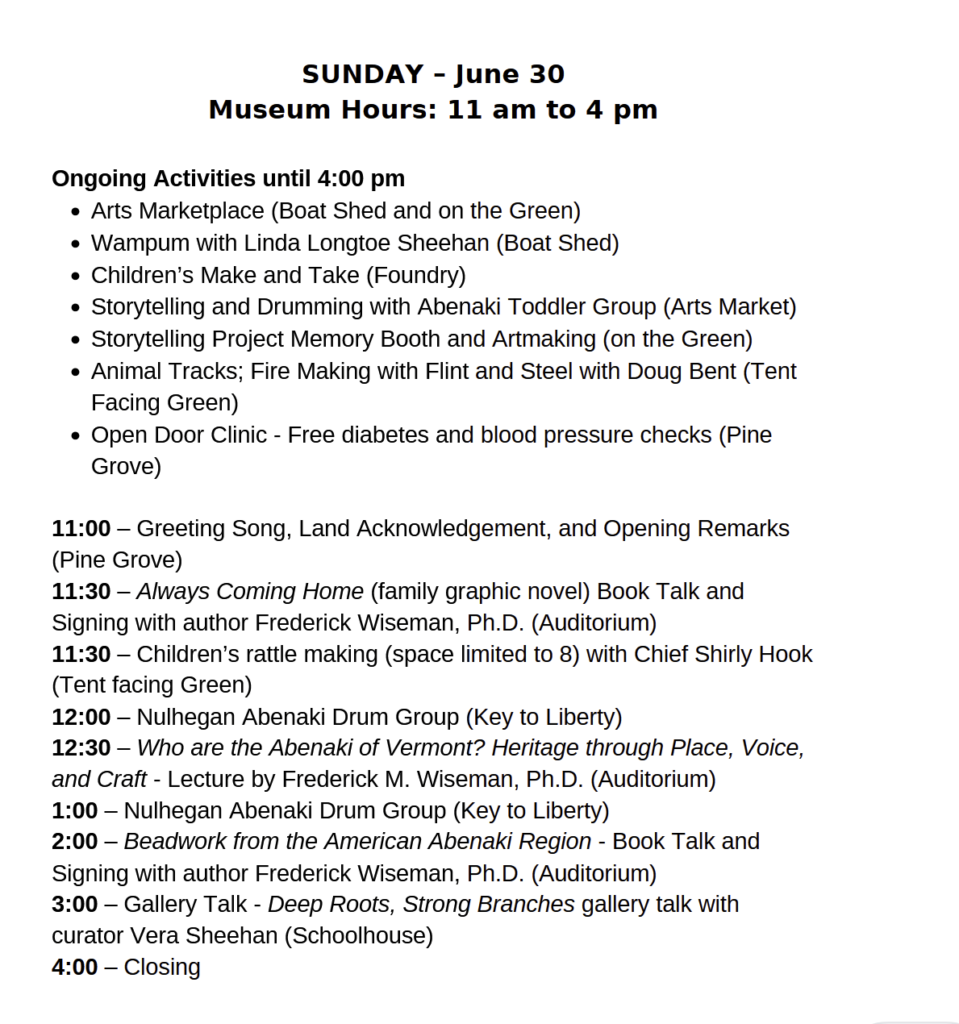
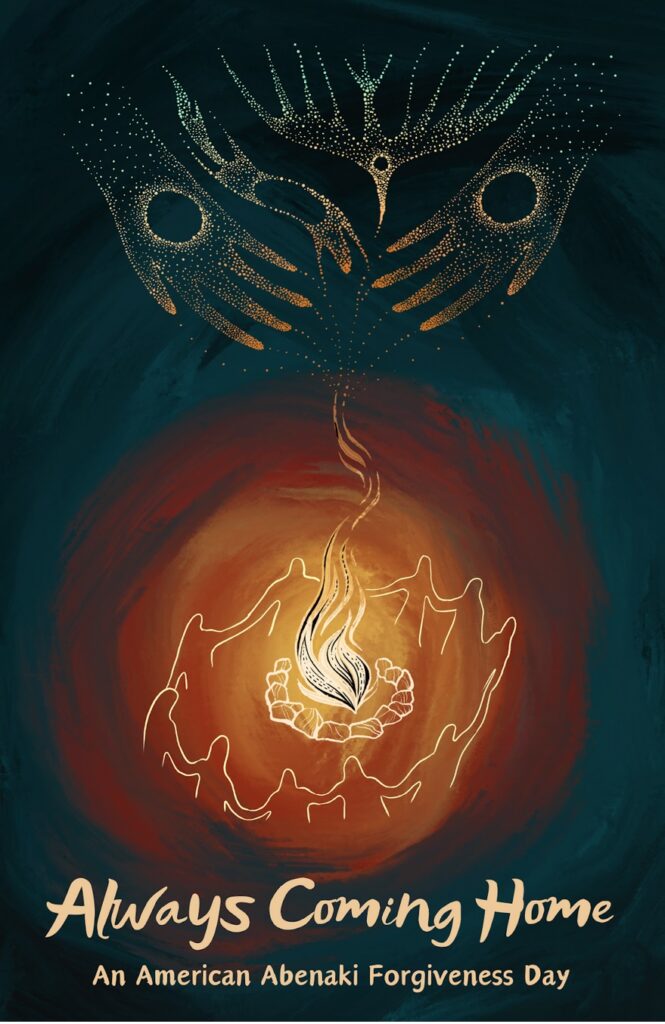
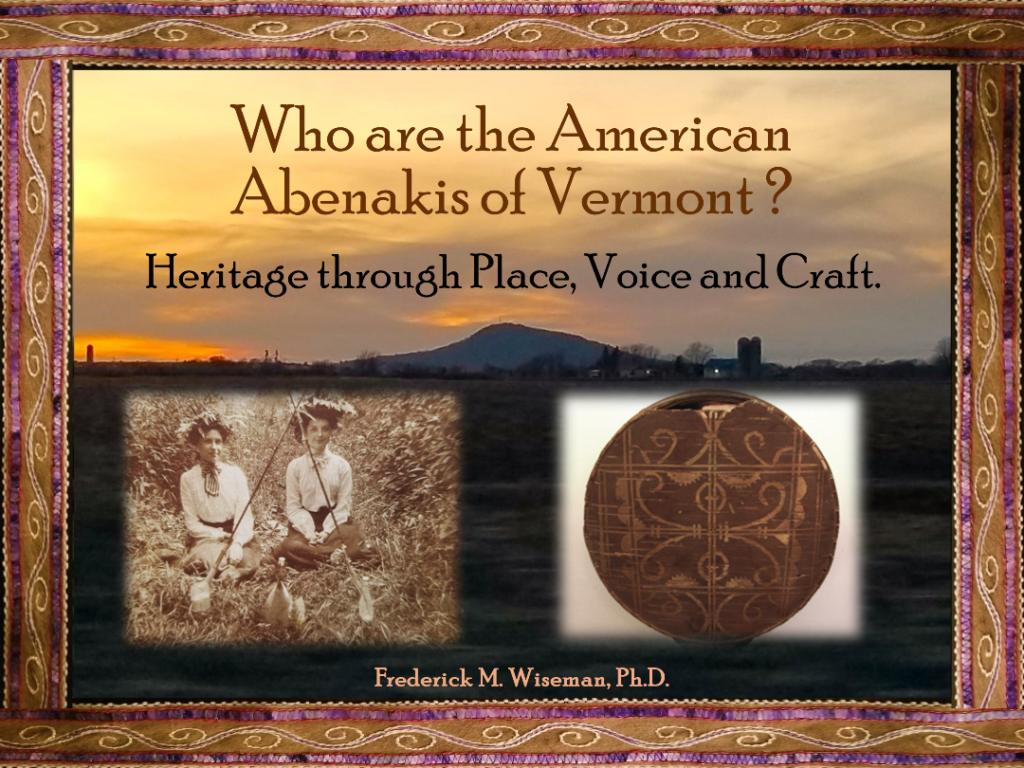
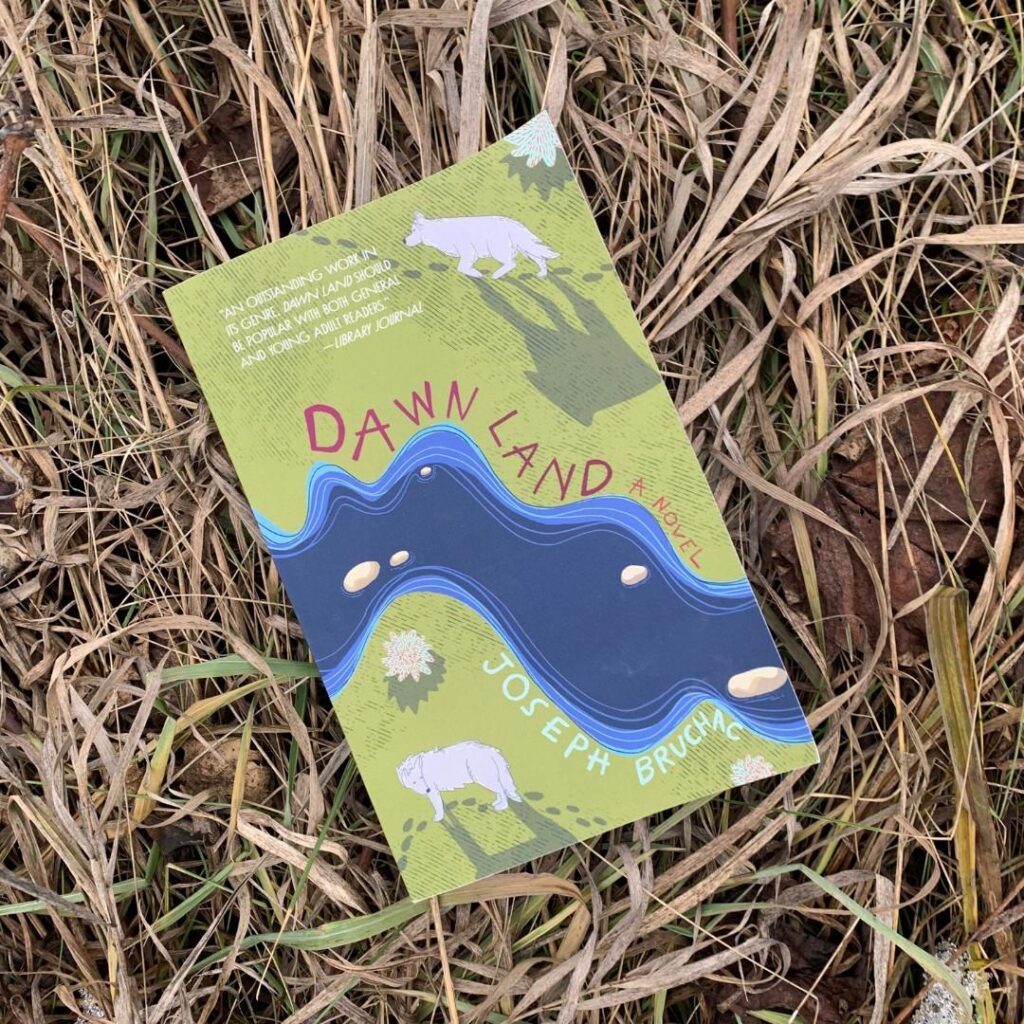
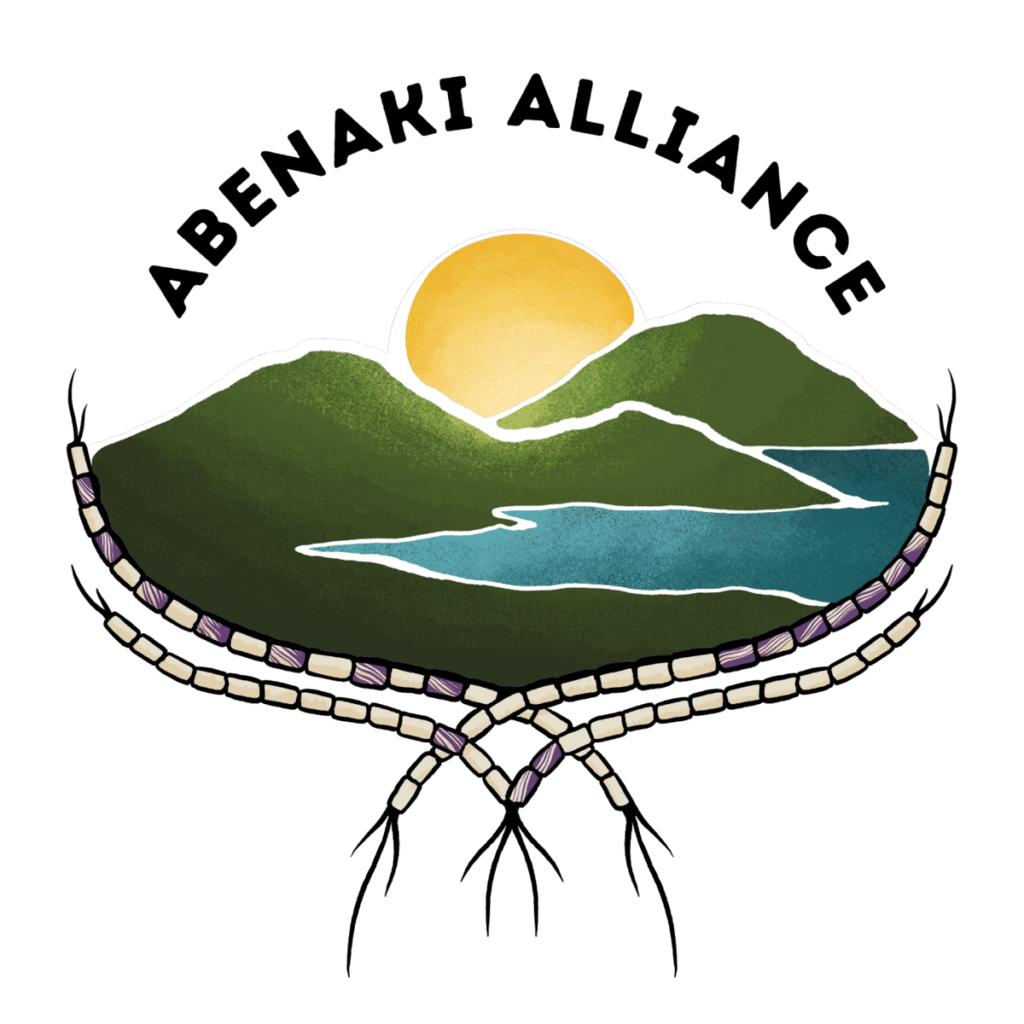
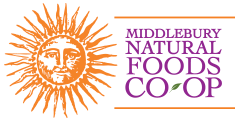
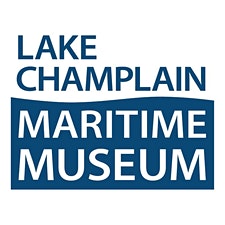

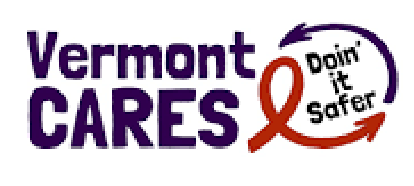
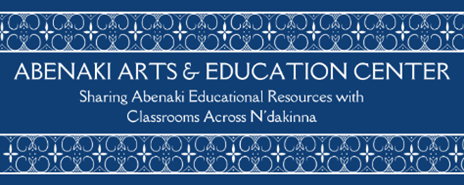
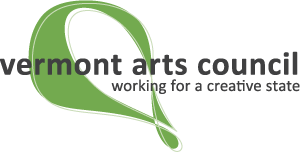
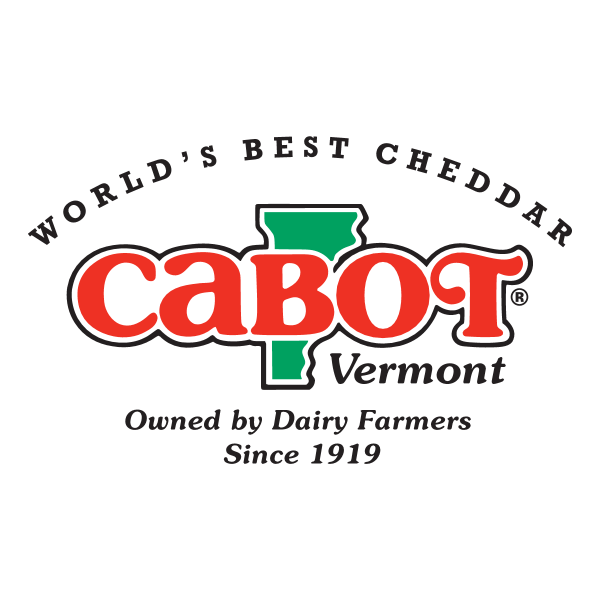
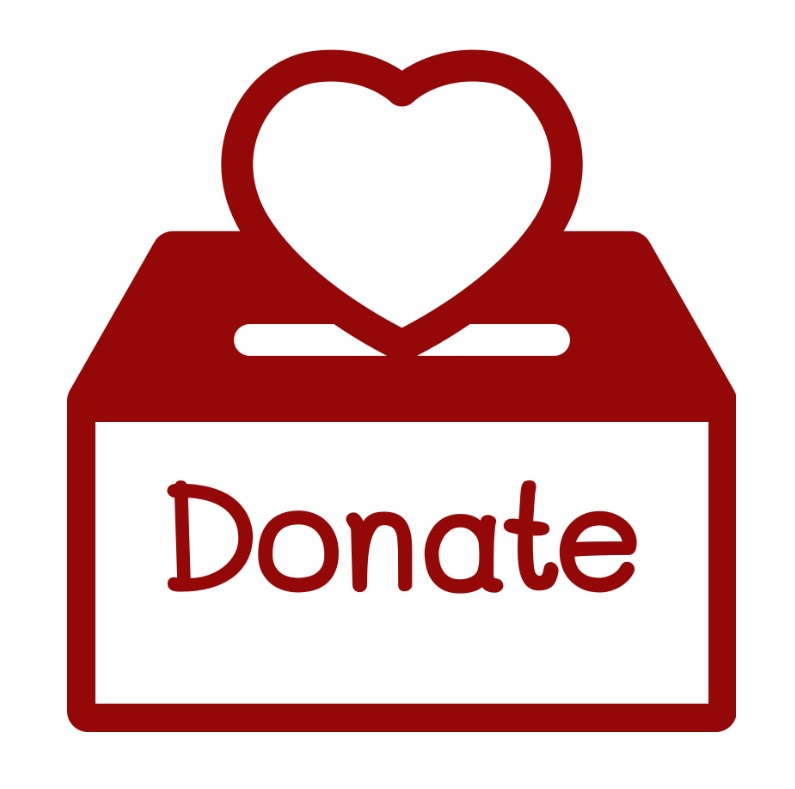
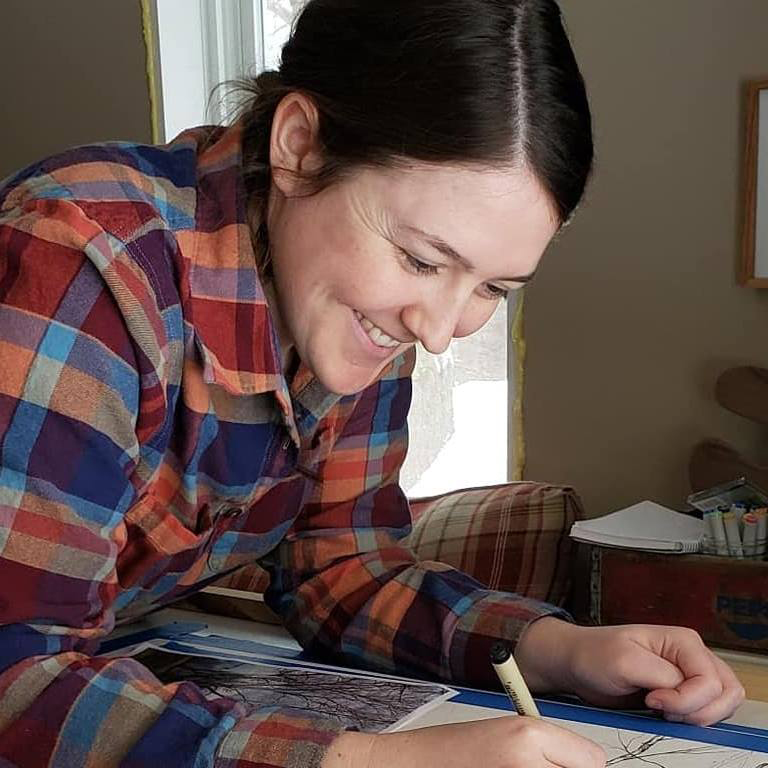
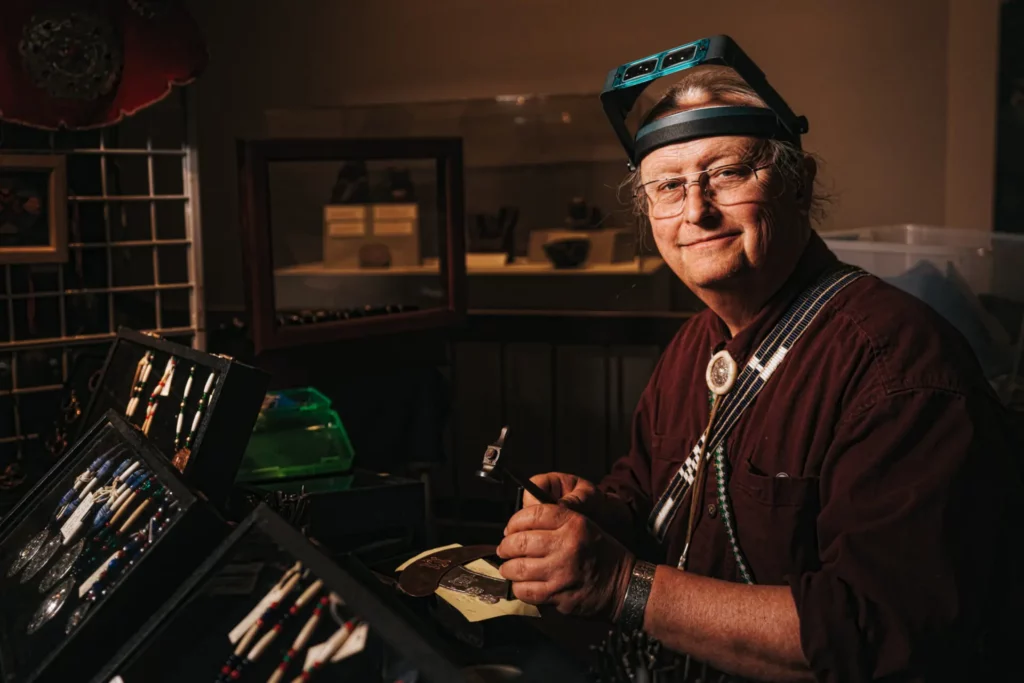
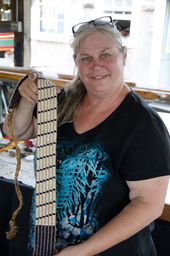

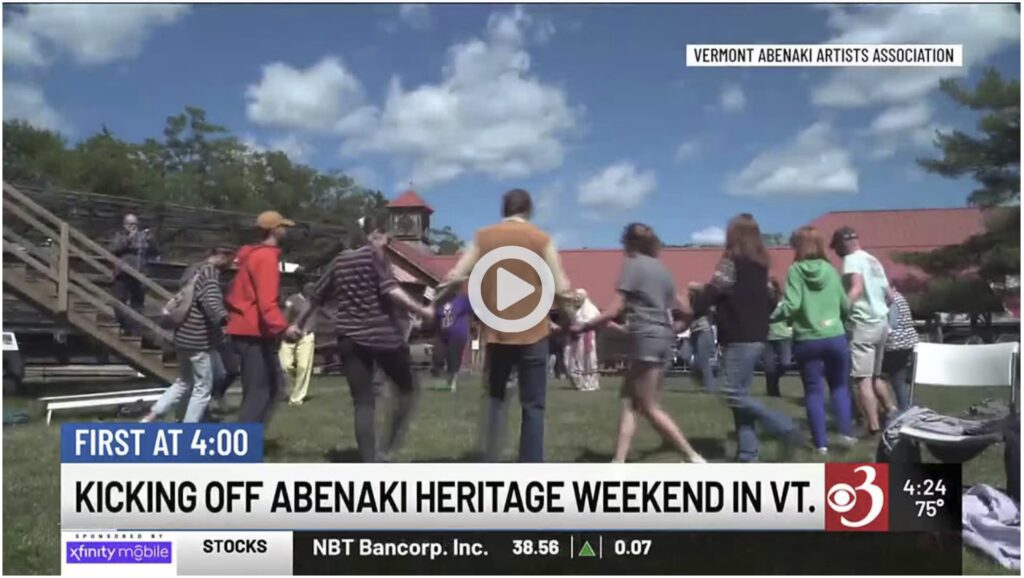

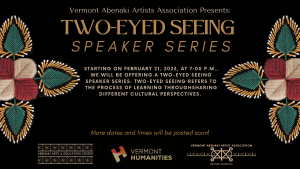
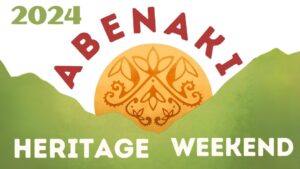

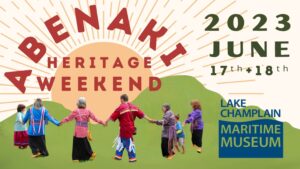



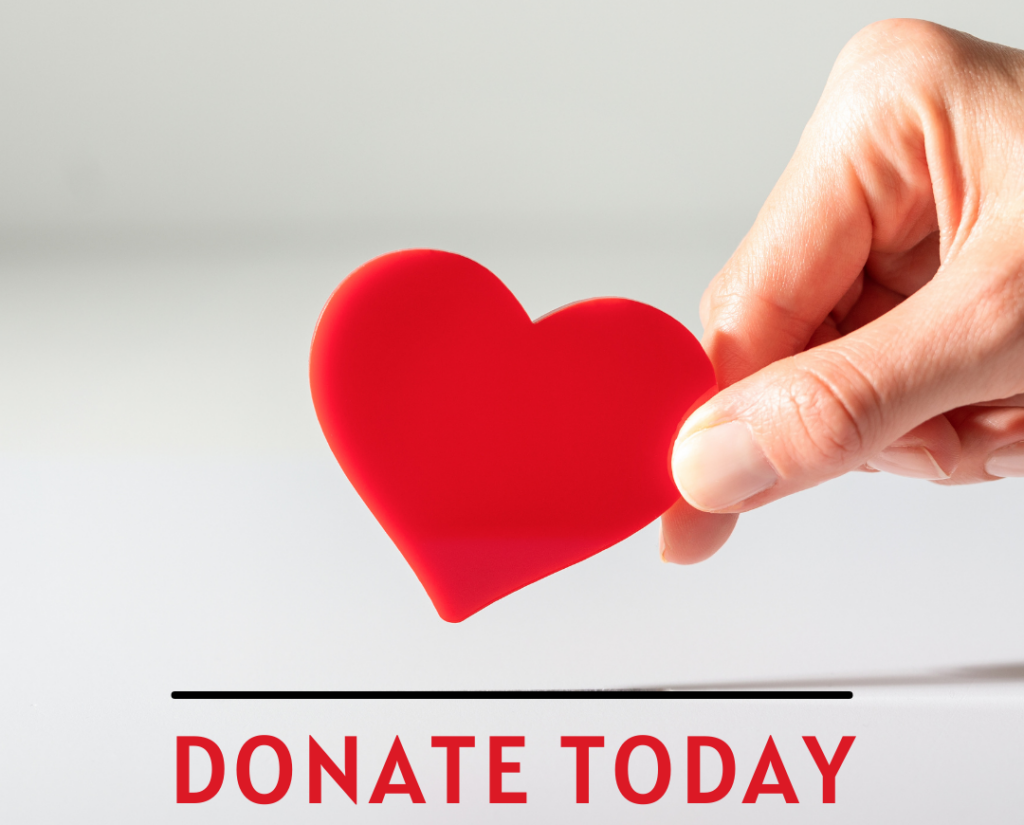
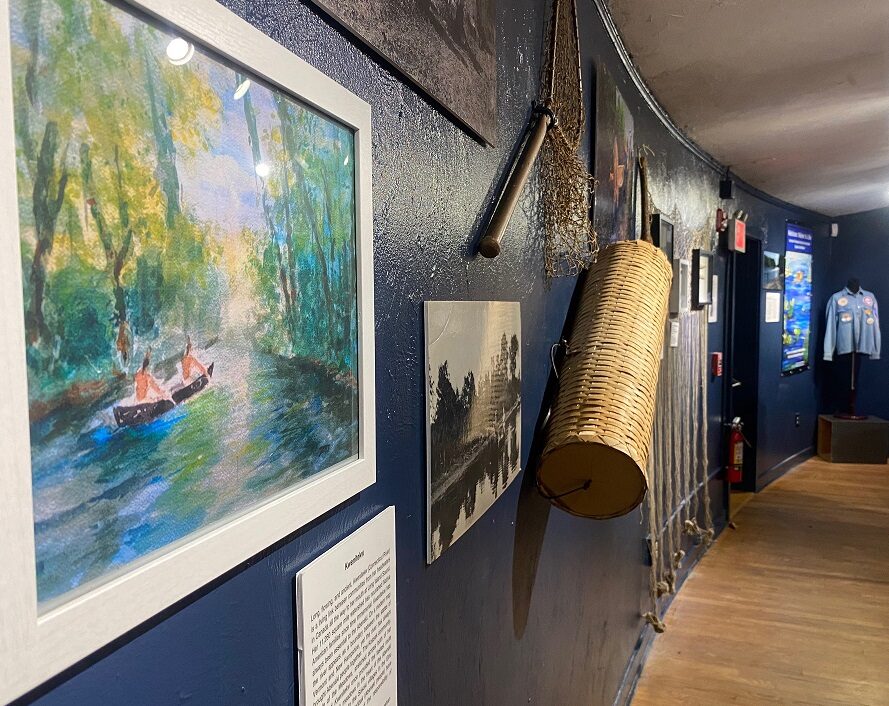
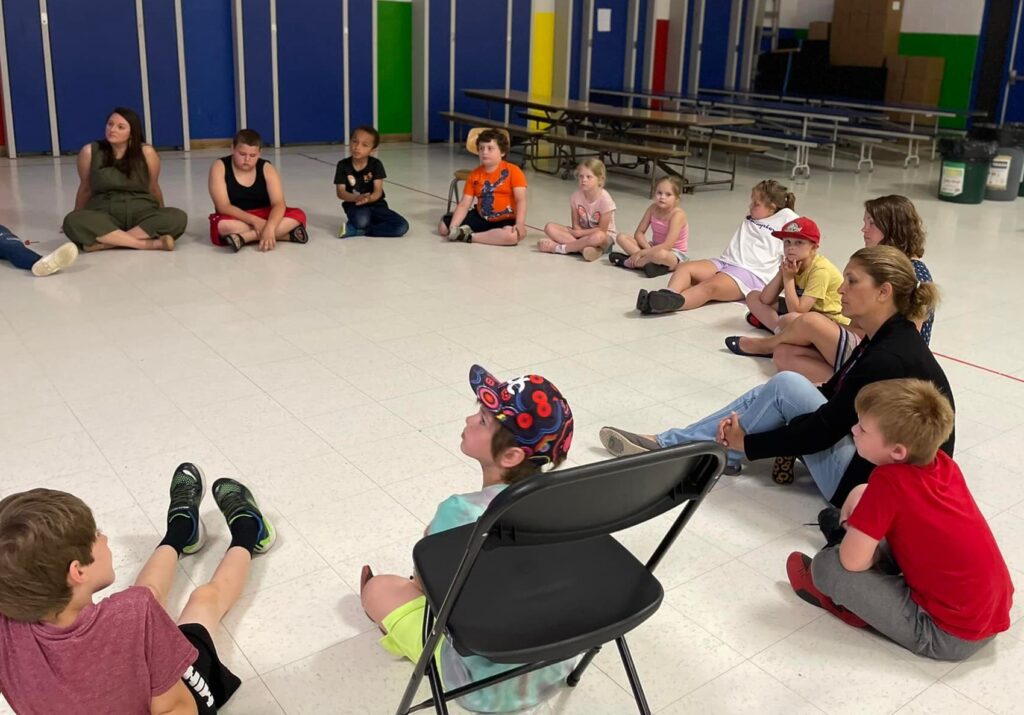
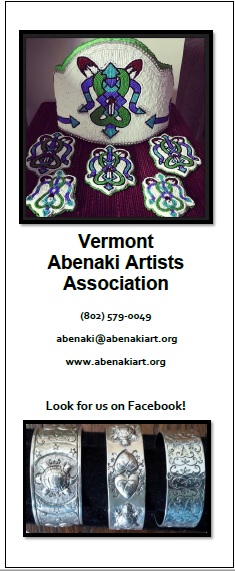




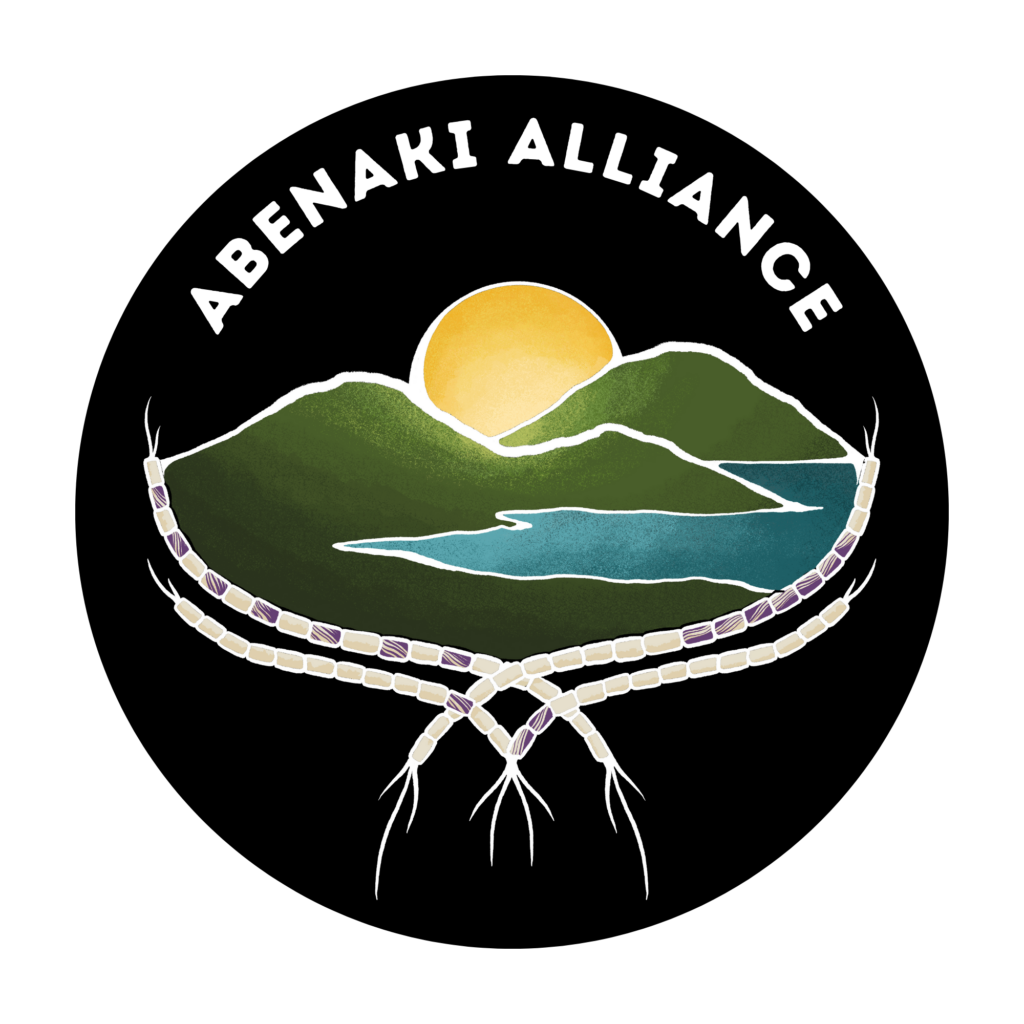


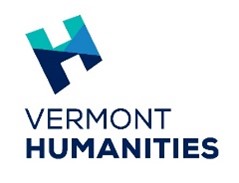
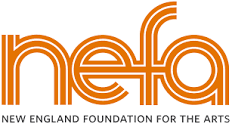
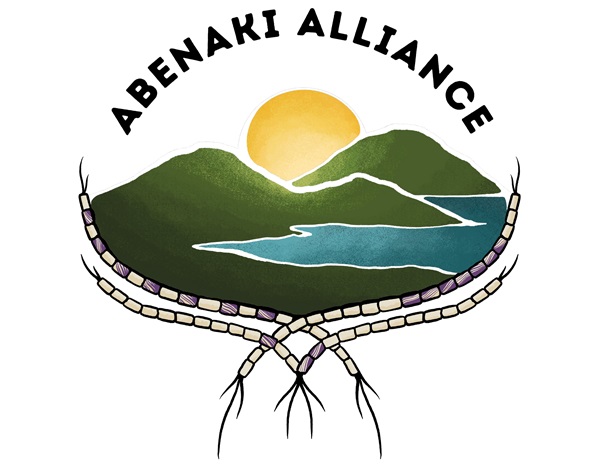


 CONTEMPORARY ABENAKI ARTISTS share their artwork and family photographs in the special exhibit
CONTEMPORARY ABENAKI ARTISTS share their artwork and family photographs in the special exhibit 